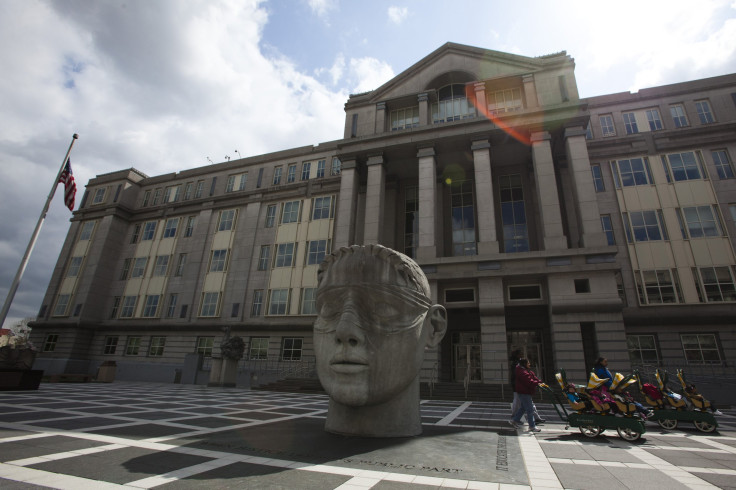Gay Conversion Therapy Trial: New Jersey Nonprofit Group In Fraud Trial For Claiming To Cure Homosexuality

A major challenge to “gay conversion” therapy is ramping up in New Jersey, in a case that critics of the controversial treatments hope will set a precedent for fighting the practice around the country. A group that offered the so-called therapy is scheduled to go on trial for fraud Wednesday in the state, one of only three to have banned licensed therapists from offering treatments that purport to change a person’s sexual orientation.
Four men and two of their mothers are suing the nonprofit group Jews Offering New Alternatives for Homosexuality, or Jonah, on the grounds that it fraudulently claimed that it could change patients’ sexual orientation and for characterizing homosexuality as a mental disorder, the Associated Press reported. The plaintiffs have accused the group of engaging in “unconscionable practices,” including making patients strip naked during therapy sessions and subjecting them to slurs regarding their homosexuality.
Lawyers for the group have countered that scientists are still debating the nature of sexual orientation, including whether it is fixed or changeable, as well as whether conversion therapies are actually harmful. They have also accused the plaintiffs of seeking to "shut down the debate by making one viewpoint on the issue literally illegal," the AP said.
Conversion therapy, also known as ex-gay or reparative therapy, has been widely discredited by organizations like the American Psychological Association and American Psychiatric Association. The latter has called into question the scientific validity of such therapies and recommended that ethical practitioners refrain from attempts to change someone’s sexual orientation.
“The potential risks of reparative therapy are great, including depression, anxiety and self-destructive behavior, since therapist alignment with societal prejudices against homosexuality may reinforce self-hatred already experienced by the patient,” the American Psychological Association said in its 2000 position statement on the subject.
In recent years, several states have moved to ban the therapy over fears that it could subject young people to psychological damage but only New Jersey, California, Oregon and Washington, D.C., have succeeded in passing and implementing bans. But the current bans apply only to licensed therapists who practice gay conversion therapy on minors, which is why prosecuting Jonah for consumer fraud could set an important precedent, according to Jack Drescher, a New York psychiatrist and one of the most vocal critics of these therapies.
“A win by the plaintiffs will undoubtedly have a chilling effect on practitioners of SOCE [sexual orientation change efforts] beyond the borders of New Jersey,” Drescher said in an interview with the Huffington Post. “A win would also expand the ban on SOCE embodied in existing legislative bans in CA, NJ, OR and DC: They only apply to licensed professionals who do SOCE with minors. Consumer fraud laws can be used against non-licensed practitioners and protect adult patients as well.”
© Copyright IBTimes 2024. All rights reserved.





















